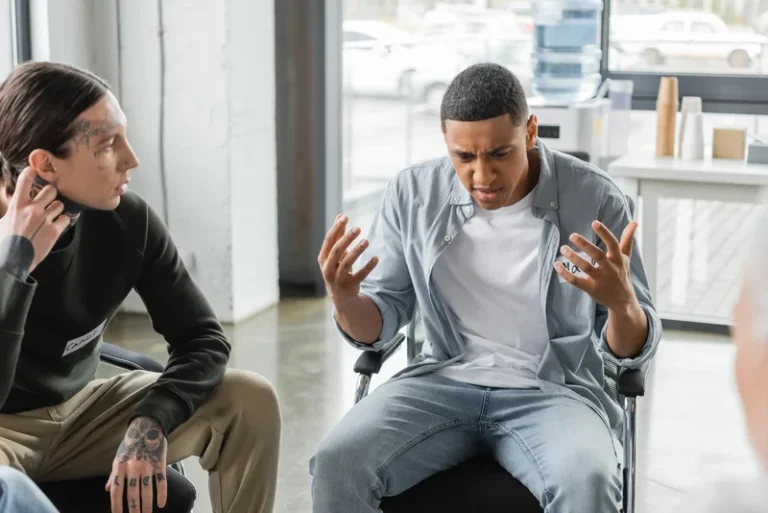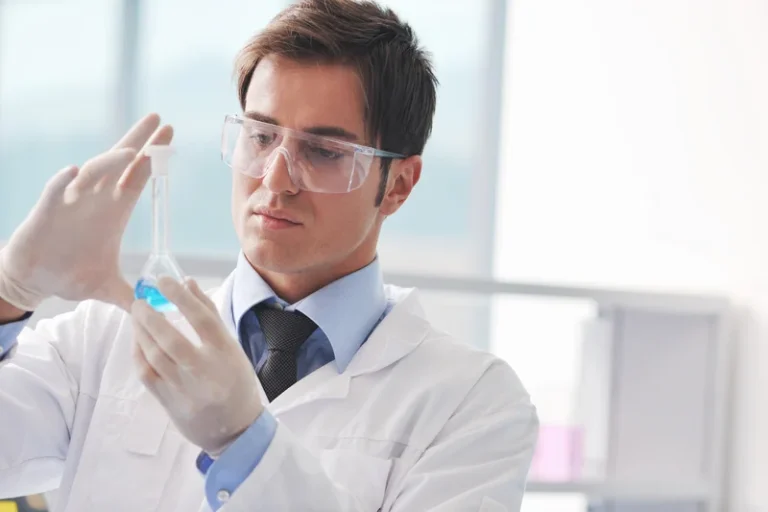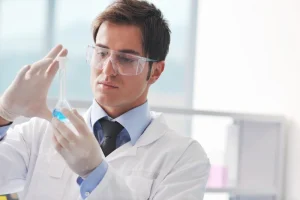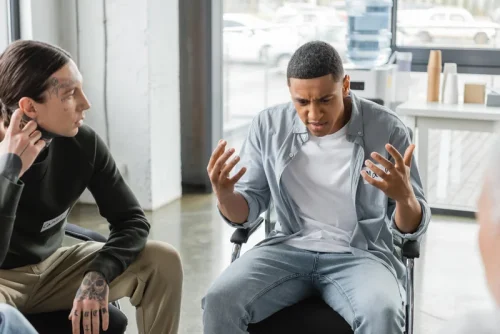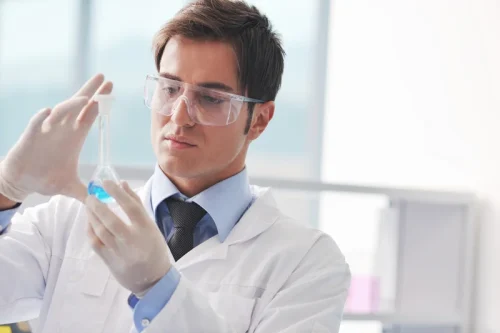That means that you’re just as likely can diabetics get drunk to have blood sugar issues the morning after drinking. And the more you drink, the greater the likelihood of low blood sugar, and the less capable you will be of dealing with it. Handling a hangover may require additional preparation and care, according to Everyday Health’s network site Diabetes Daily.
Alcohol-induced hypoglycemia with diabetes
The risk for low blood sugar remains for hours after you take your last drink. This is why you should only drink alcohol with food and drink only in moderation. Because alcohol decreases your liver’s efficiency at releasing glucose, drinking puts you at risk of an alcohol-induced hypoglycemia. Hypoglycemia, or a hypo, is when you don’t have enough glucose in your bloodstream so your BGL is dangerously low. There are several reasons why alcohol may pose risks to people with type 2 diabetes.
‘Prince of Peoria’ Star Gavin Lewis Talks T1D
Both conditions can make you feel woozy, wobbly, hungry, tired, or confused. Beverages such as beer and wine can have an alcohol content of 2–20%. Furthermore, if you have been drinking heavily, there may be a risk of hypos for up to 16 hours (or even more) after you have stopped drinking. Some sources (including Diabetes Drug rehabilitation UK ) advise strict carbohydrate management, perhaps even chips or pizza, if a large amount of alcohol has been consumed.
Never drink alcohol on an empty stomach
- After all, getting medical advice is always a good idea whenever you have questions concerning diabetes.
- Some people stop drinking alcohol after being diagnosed with type 2 diabetes.
- If you are being medicated with insulin, the positive effects of insulin might get changed into negative ones due to consuming alcohol.
- Many people with alcoholic liver disease also have either glucose intolerance or diabetes.
- Low carbohydrate and low-alcohol drinks may be better than standard alcohol, but the dangers still need to be considered.
Hypoglycemia can further lead to hungriness, low blood sugar levels, anxiety, and shakiness of the body. Whereas, Ketoacidosis works on forming more ketones in the body which can lead to the building of more acidic compounds in one’s blood. No alcohol is completely off-limits for people with diabetes. You are probably better off, however, if you choose drinks that have fewer carbohydrates, such as light beers, dry wines, and seltzers. Avoid drinks that contain sweet mixers or juices, such as a margarita or tequila sunrise. Talk with your doctor before drinking alcohol to make sure alcohol won’t reduce the effectiveness of your medication.
- These drinks may prompt a large and rapid blood sugar spike, necessitating the use of insulin (for those who customarily use insulin before meals).
- A single alcoholic drink (a 330ml bottle of beer, medium glass of wine) may not have a huge effect on your overall blood sugar.
- This can make it difficult to tell if you’ve had too much to drink or if your blood sugar is dropping to dangerously low levels.
- Often alcohol is mixed with fizzy, sugary drinks that can impact on blood sugars.
Drinking alcohol can exacerbate neuropathy by increasing pain and numbness. Different alcoholic drinks will have varying effects on your blood sugar It also depends how much you drink. A single alcoholic drink (a 330ml bottle of beer, medium glass of wine) may not have a huge effect on your overall blood sugar.

